Developmental language disorder (DLD) is diagnosed when a child’s language skills are persistently below the level expected for the child’s age.
Developmental language disorders
-
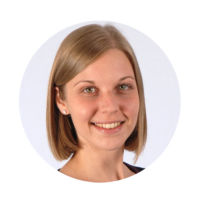
Heterogeneity in Children’s Reading Comprehension Difficulties
In this Papers Podcast, Dr. Emma James discusses her JCPP Advances paper ‘Heterogeneity in children’s reading comprehension difficulties: A latent class approach’. Emma is the lead author of the paper.
Read more -

Transdiagnostic Profiles of Behaviour and Communication: Academic and Socioemotional Functioning and Neural White Matter Organisation
In this Papers Podcast, Dr. Silvana Mareva discusses her JCPP paper ‘Transdiagnostic profiles of behaviour and communication relate to academic and socioemotional functioning and neural white matter organisation’. Silvana is the first author of the paper.
Read more -
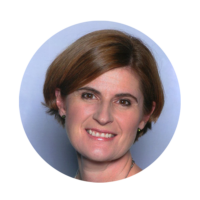
Social, Emotional and Behavioural Difficulties Associated with Persistent Speech Disorder in Children
In this Papers Podcast, Dr. Yvonne Wren and Dr. Emma Pagnamenta discuss their co-authored JCPP Advances paper ‘Social, emotional and behavioural difficulties associated with persistent speech disorder in children: a prospective population study’.
Read more -

Heterogeneity in children’s reading comprehension difficulties: A latent class approach
Open Access paper from JCPP Advances – ‘Poor comprehenders are traditionally identified as having below-average reading comprehension, average-range word reading, and a discrepancy between the two. While oral language tends to be low in poor comprehenders, reading is a complex trait and heterogeneity may go undetected by group-level comparisons.’ Emma James (pic) et al.
Read more -
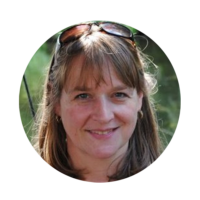
The importance and challenges of improving early identification of language abilities: a commentary on Gasparini et al. (2023)
Open Access paper from the JCPP – ‘Finding early predictors of later language skills and difficulties is fraught with challenges because of the wide developmental variation in language. Gasparini et al. (Journal of Child Psychology and Psychiatry, 2023) aimed to address this issue by applying machine learning methods to parent reports taken from a large longitudinal database (Early Language in Victoria Study). This commentary highlights the advantages and challenges of identifying early predictors of language in this way, and discusses future directions that can build on this important contribution.’ Nicola Botting (pic) and Helen Spicer-Cain
Read more -

Social, emotional and behavioural difficulties associated with persistent speech disorder in children: A prospective population study
Open Access paper from JCPP Advances – ‘The aim of the current study was therefore to address the current gap in the evidence to investigate the social, emotional and behavioural outcomes of children with persistent speech disorder in older childhood using data from a large prospective, population-based sample’. Yvonne Wren (pic) et al.
Read more -
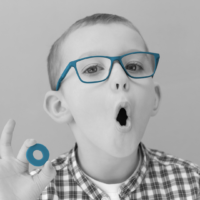
Speech and Developmental Language Disorders – Judy Dunn International Conference 2022 (recordings)
Speech and Developmental Language Disorders – Judy Dunn International Conference 2022. Talks from Prof. Charles Hulme, Dr. Clare Smith, Prof. Courtenay Norbury, Prof. Julie Dockrell, Dr. Emma Hayiou Thomas, Dr. Emma James, and Baroness Shelia Hollins.
Read more -

Speech and Developmental Language Disorders – Judy Dunn International Conference 2022
BOOKINGS CLOSED
We are delighted to release details of the upcoming Judy Dunn International Conference 2022 on Speech and Developmental Language Disorders. PLEASE NOTE BOOKINGS CLOSE TUES 15 NOVEMBER 14:00 UK TIME- Event type
- International Conference - 2 day online
- Location
- LIVE STREAM
-
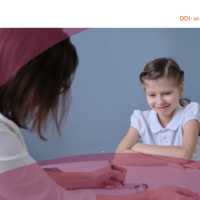
Do autistic girls talk differently about social groups?
New data, published in the Journal of Child Psychology and Psychiatry, suggest that pronoun use during natural conversation might inform us about clinically meaningful social function.
Read more -
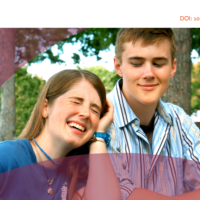
Do autistic girls have better communication and interaction skills than autistic boys?
There is ongoing debate as to whether autism spectrum disorder (ASD) differentially affects males and females. Several meta-analyses have found little difference between males and females with ASD in terms of social communication and interaction skills. However, such analyses have often relied on diagnostic instruments such as the Autism Diagnostic Observation Schedule, Second Edition 2 that may not be sensitive to how autism presents in females. What’s more, many have been based on global scores, that reflect overall social communication and interaction skills, which could miss subtler differences in specific domains.
Read more
